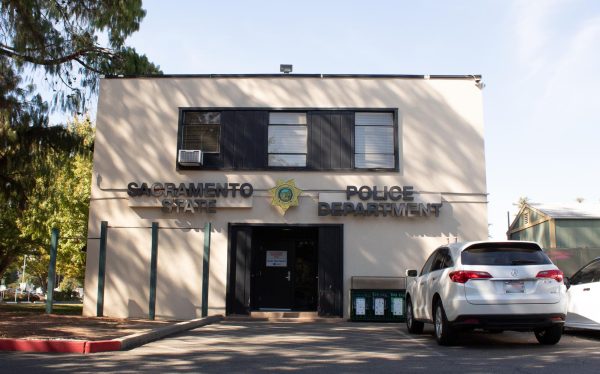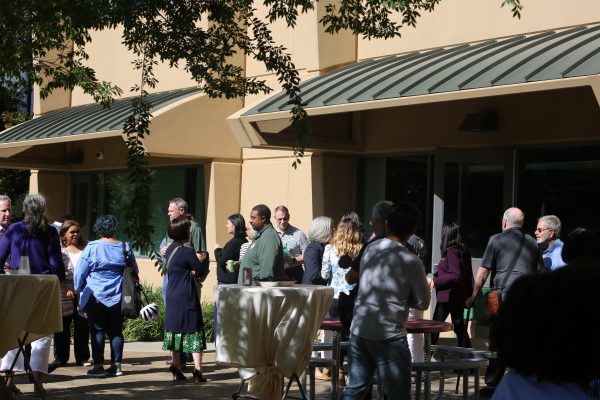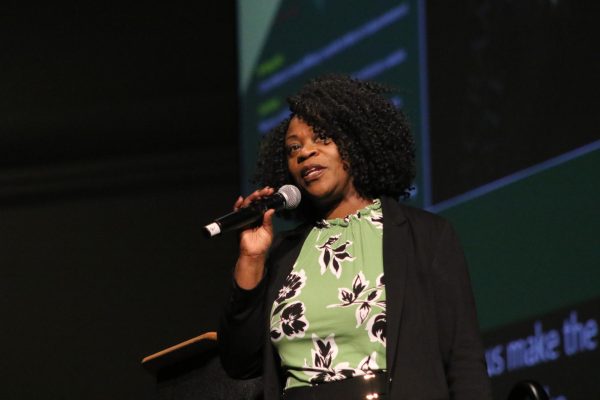Proposed legislation to regulate rate of tuition increases for college students
October 13, 2004
Associated Students President Joshua Wood introduced a piece of legislation Oct. 6 that would allow ASI to work with the California secretary of state to prevent fee increases like those experienced last semester.
Wood has been working with the legislative council from the capitol to draft the initiative that would allow for gradual fee increases of no more than 5 percent and to keep students from paying 20 or 30 percent increases during times of state crises.
If the initiative is passed in the general election it will make it impossible for the government to raise fees without the governor’s signature and a four-fifths vote by both the state senate and the house of representatives, Wood said.
The piece of legislation will be voted on at the ASI board meeting today. If ASI approves it, Wood can begin working with the secretary of state to collect the 300,000 required signatures to get the initiative on the 2006 general election ballot.
“The idea is to eliminate the need for drastic fee increases like we saw last year,” Wood said. “It will keep students from receiving a bill halfway through the semester that says they owe more money for tuition because fees went up.”
Students were scrambling for money last semester when tuition was increased and they were charged retroactively for the new amount. Wood wants to prevent this from happening again.
Wood said that ASI will need to work with other schools in California to raise awareness about the initiative, which would set fee increase limits for all California State Universities and community colleges in the state, and get them involved with petitioning their schools to collect the signatures needed.
The proposed initiative does not yet include the University of California system because it takes an amendment to the state constitution to change fees at the UC level.
Wood said, “The initiative will affect UCs depending on the regents. If the UCs approve it then they will be included.”
Once the signatures are collected the initiative will be added to the ballot for the general election then schools will have to raise awareness among their students to get them out to the polling places to vote for the initiative.
“Everyone has a vested interest in keeping their fees low. We are going to try to put together a statewide coalition of schools to support this initiative,” Wood said.
Student voter turnout has been an issue this year during the presidential campaign. There is speculation that more students will turn out to vote because there are many issues on the ballot that could affect them. Student fees are an issue considered to have raised political awareness among students.
“I would vote in favor of the initiative unless it has a negative impact on the number of classes offered or the number of students to be enrolled. In that case I don’t think it would be worth it,” student Steve Lynch said.
Lynch said he thinks students should be well informed on the wording of the initiative before voting because they should not be willing to sacrifice the quality of their education in order to receive lower fees.


































































































































